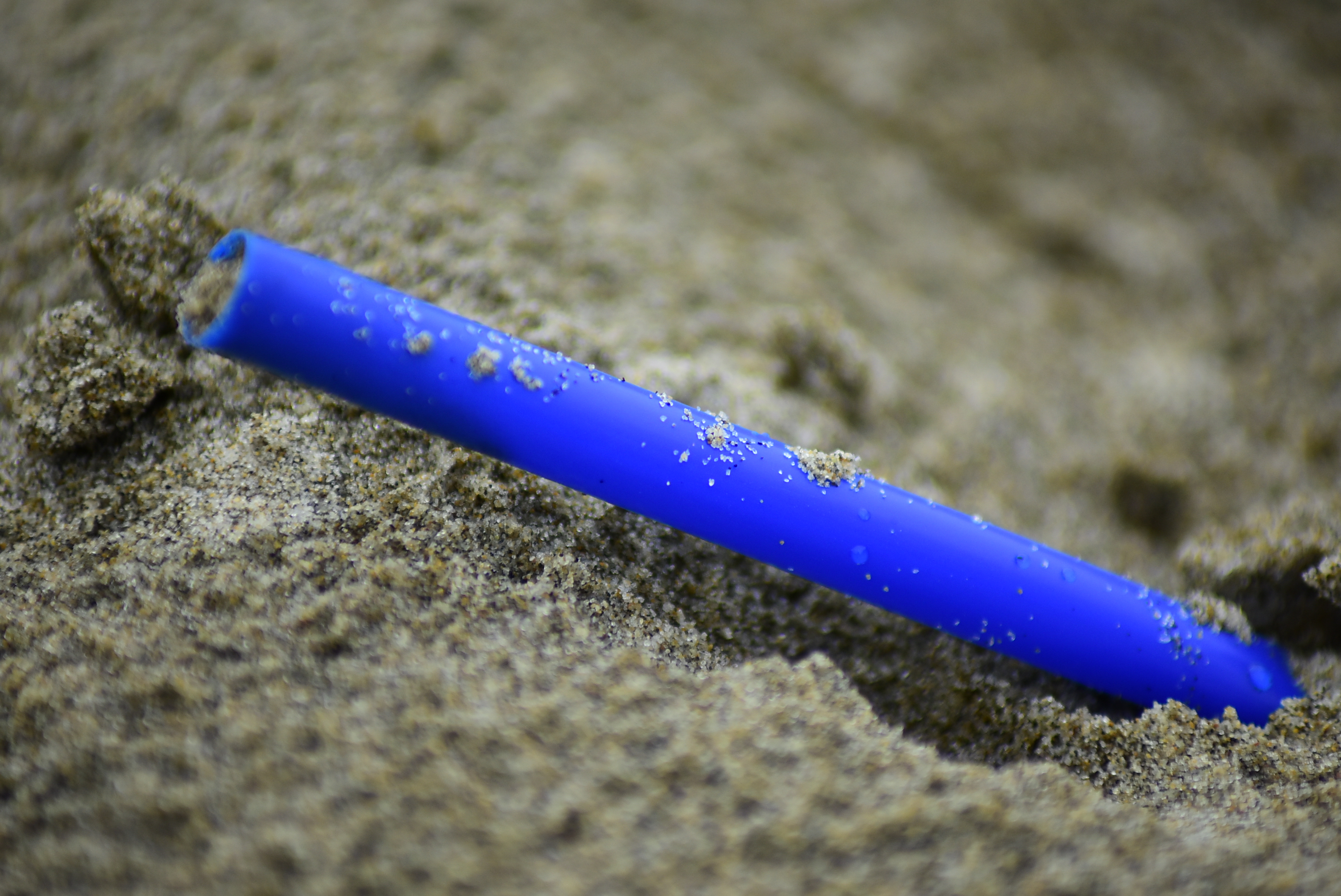Plastic Straws - The Basics
Plastic straws are everywhere. If you order a drink at a restaurant, you are guaranteed to get one. They make it easier to drink beverages, and using them is better than drinking right from a glass. Yet, these straws have been banned in many cities across the world. Why? Do governments dislike convenience? No. It's a bit more complicated.
According to National Geographic, the drinking straw was first patented in 1888 by Marvin Stone. It was made out of paper, and it wasn't until the 1960s when plastic straws were mass-produced. Since then, plastic straws have exploded in popularity. NatGeo estimates that 500 million of them are used daily (keep in mind that these are pre-Covid numbers).
Even though everyone loves convenience (just take a look at the bottled water industry), it can come at a cost, and in the case of drinking straws, it definitely does. If 500 million straws are used daily, 182,500,000,000 straws are used each year. Each human who has ever lived on planet Earth could have their own plastic straw and there would still be almost 75 billion straws left - in a single year. 182.5 billion is one straw for every dollar Jeff Bezos is worth (data is from Forbes as of November 2020)!
Where do all of these straws end up? Landfills mostly. The manufacturing of plastic straws requires so many resources, and after a few sips, they go to waste. These straws are also ending up in oceans and harming aquatic species. They pose a threat to animals, Earth, and our economy. Fortunately, there are alternatives.
Biodegradable straws degrade in short amounts of time, so if these straws end up in oceans, they won't stay there for thousands of years. EarthPlex has an entire post dedicated to biodegradable products. People also find creative alternatives. Carrot straws have increased in popularity in recent years. Carrot straws are exactly what you think they are. Another option is refusing straws when they are offered to you at restaurants. When a waiter or waitress gives me a straw, I tell them that I don't want it. Demand for plastic straws will decrease if people don't use them, and fewer will be produced. I do not recommend this for people who feel uncomfortable drinking right from a glass.
Drinking straws have made life more convenient, but plastic straws have got to go. Our personal action can help to eliminate tens of thousands of tons of waste from our landfills and oceans.
Get notified when EarthPlex posts about the environment with our (FREE) mailing list!


Comments
Post a Comment
Please do not post links in the comments.